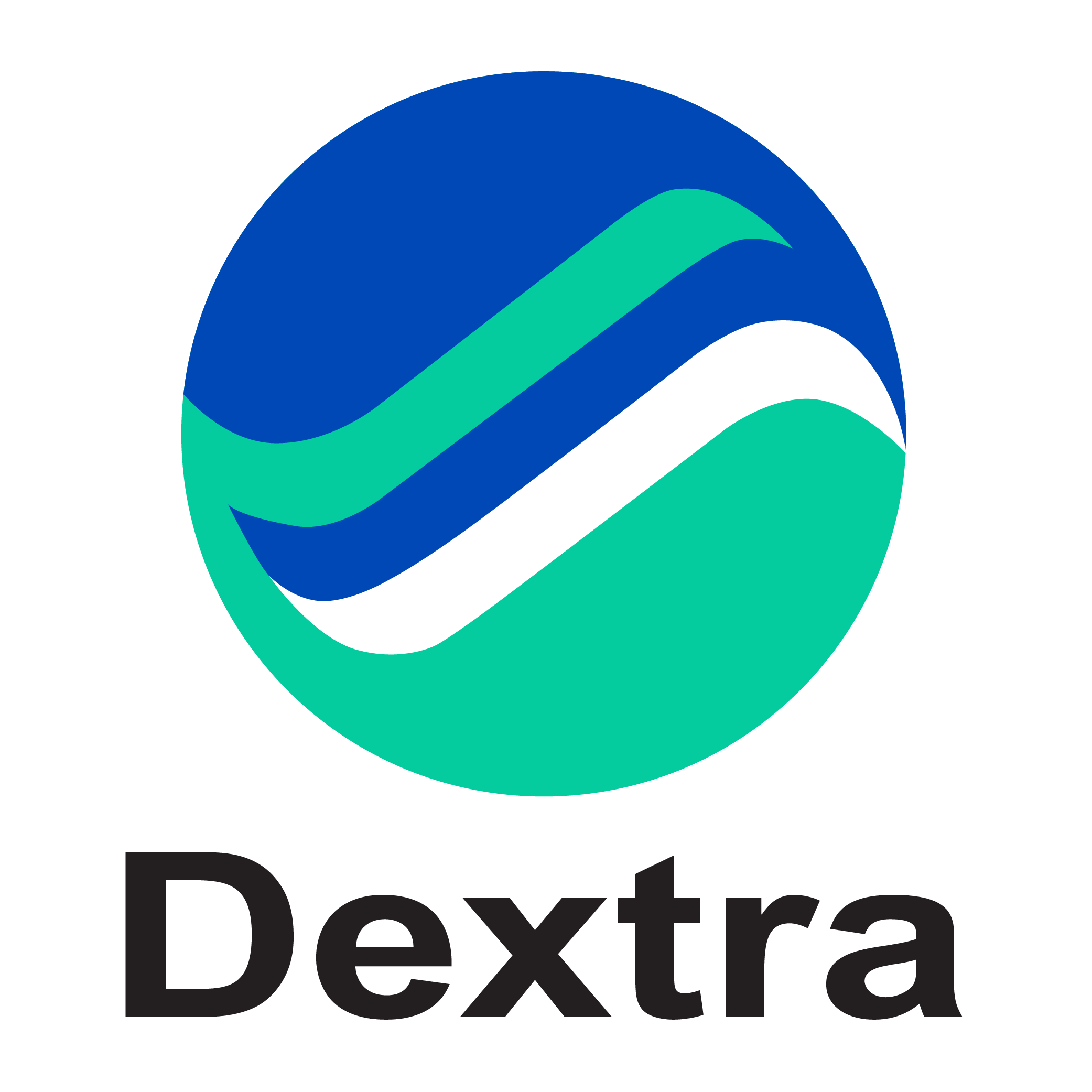Cochin Shipyard – New Dry Dock, India
Dextra Supplied 550 Tons of Pasadores de corbata marinos to the New Dry Dock at Cochin Shipyard
India’s maritime sector is making a significant leap forward with the New Dry Dock Project at Cochin Shipyard, a vital infrastructure development aimed at enhancing shipbuilding and repair capabilities in the region. Dextra is proud to contribute to this landmark project by supplying 550 tons of Grade 500 Marine Tie Bars, reinforcing the dry dock’s structural integrity.
Project Overview
The Cochin Shipyard – New Dry Dock Project is a major expansion designed to accommodate the construction of larger vessels and enhance India’s shipbuilding capabilities. Spearheaded by L&T (Larsen & Toubro) Construction, this world-class facility will meet the growing demands of the maritime industry, providing advanced solutions for ship maintenance, repairs, and construction.
The 310-meter-long dry dock boasts a width of 75/60 meters and a depth of 13 meters, equipped with a 600-ton gantry crane, making it one of the largest marine infrastructures in the region. The dock floor is designed to handle a load of 600 tons per meter, allowing it to support the construction of even larger aircraft carriers with a 70,000-ton displacement. The dry dock will serve both ship construction and repair needs, cementing its role as a crucial asset in India’s maritime sector.
Why Dextra?
Dextra was chosen as a key supplier for this project due to our competitive pricing and outstanding service. With decades of experience in delivering high-performance reinforcement solutions for marine infrastructure, our Grade 500 Pasadores de corbata marinos ensure:



Advancing Shipbuilding in India
As India strengthens its position as a global shipbuilding hub, the New Dry Dock at Cochin Shipyard marks a significant milestone. This project will play a crucial role in enhancing the country’s maritime infrastructure, enabling the construction and maintenance of larger vessels, including naval ships and commercial carriers.
With a strong commitment to innovation and excellence, Dextra is proud to support this transformational project, reinforcing the foundation of India’s shipbuilding future. Our high-performance solutions continue to contribute to the growth and development of the country’s maritime capabilities, ensuring a robust and sustainable industry for years to come.












